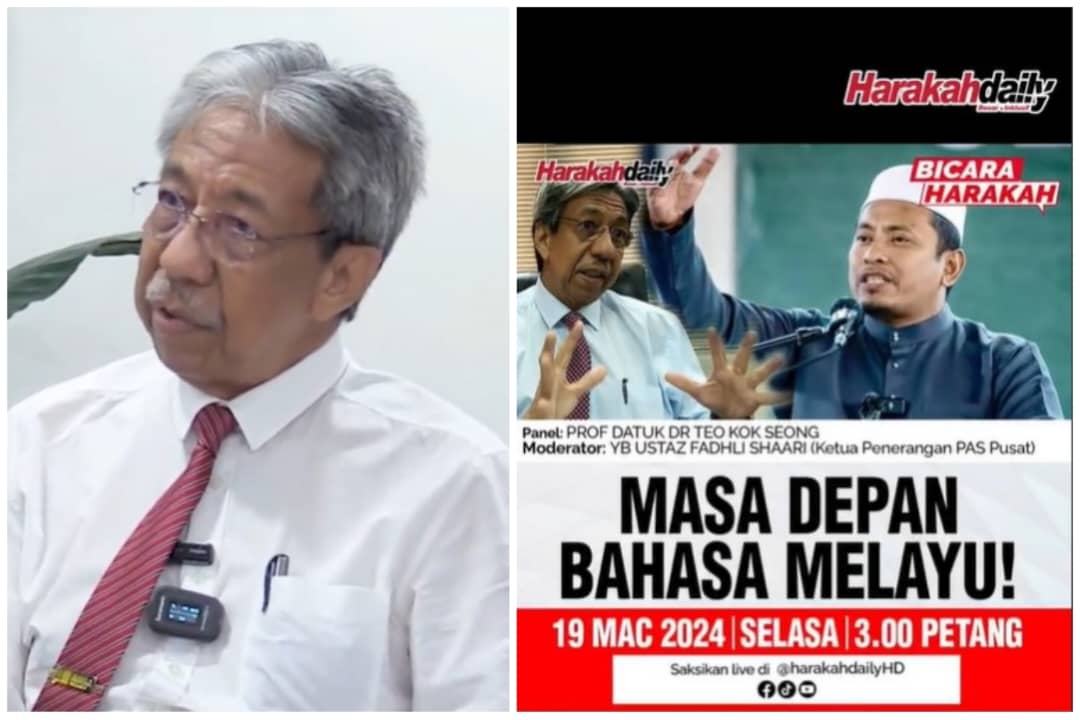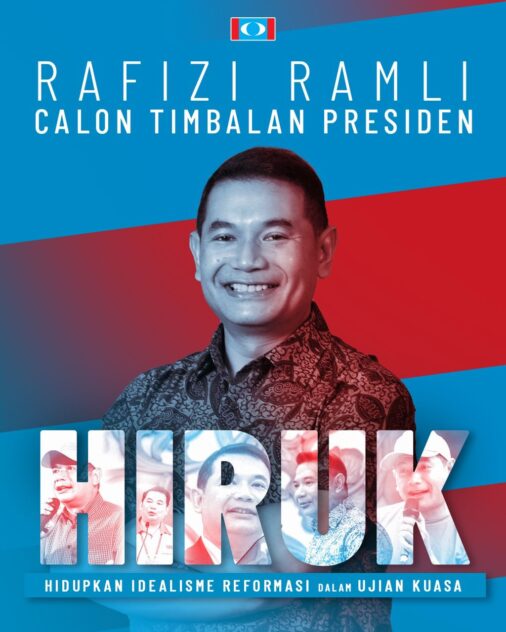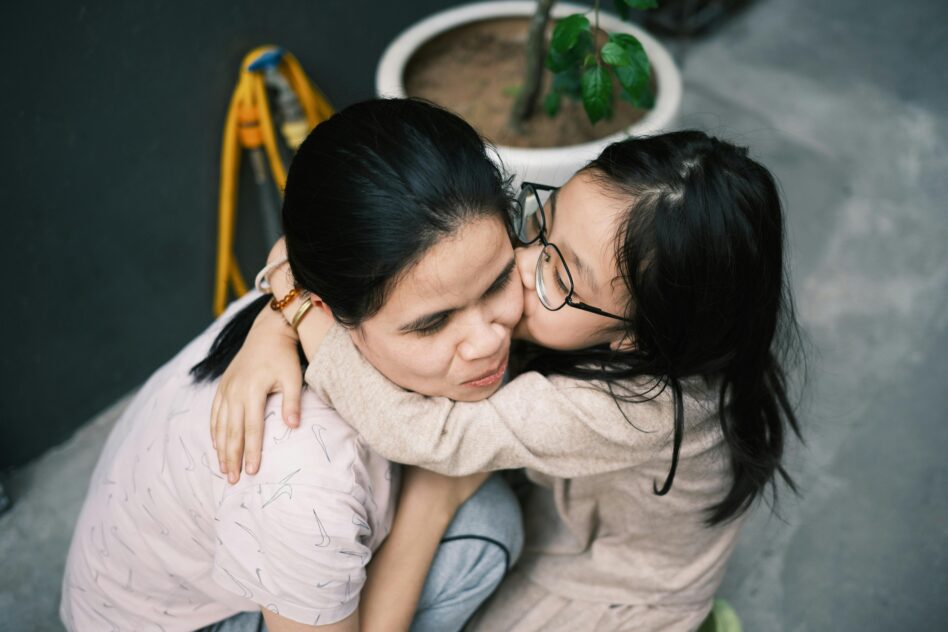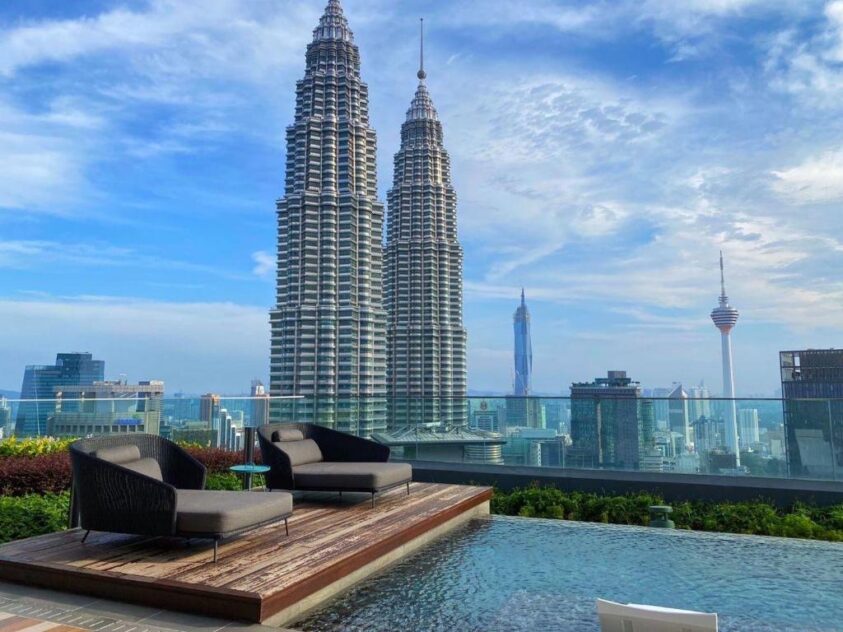Editor’s Note: Our two earlier articles in the “Straight Talk” series:
Straight talk: Firdaus Wong answers query if it’s true ‘Cina murtad’ (Chinese apostate) sucks up to the Malays”
Straight talk 2: Firdaus Wong addresses “your ancestors are Chinese; embracing Islam doesn’t make you a Malay”
NOW a well-respected Bahasa Melayu authority in the sphere of Chinese vernacular school – especially among nationalistic Malays – Prof Datuk Teo Kok Seong believes that “arrogance” is undeniably ingrained within the Chinese race.
The former Universiti Kebangsaan Malaysia’s (UKM) professor of ethnic studies holds the view that the Chinese race is “very arrogant over the Chinese culture” in the sense that they are proud of the Chinese civilisation which has been in existence for over 5,000 years and “remain undetached and solid in nature”.
“In socialisation terms, the Chinese regard themselves as a superior race, hence others will be perceived as inferior … Inevitably, humiliation/insult (penghinaan) happens in that manner for they always consider themselves to be more hardworking than others,” he told the Future of Bahasa Melayu dialogue organised by HarakahDaily yesterday (March 19)
“This is something that has been imparted to the Chinese … They might not want to admit but it is a fact for they are aware that their socialisation process is such and that this has been passed down for generations that they are different from other races.”
The one-to-one event was moderated by PAS information chief and Pasir Mas MP Ahmad Fadhli Shaari.
Interestingly, Teo also revealed that the superiority complex nature also prevails within the Chinese community itself.
In the context of Cina Peranakan (straits Chinese) in Kelantasn in which he was born into, Teo, 71, confessed that his community is being looked down by “urban Chinese” (Cina bandar) in Kota Bharu (state capital) who regard themselves as “more pure” for they are totok (recent migrants) compared to the Cina Peranakan who are well-assimilated into the Malay culture.
“Cina Peranakan is likened to Cina kampung (village Chinese) who eat rice with hands, consume budu (fermented anchovies) and pardon me, cebok (the process in which one washes the anus after excretion using a hose or a bucket of water) or taking morning showers,” explained the member of the Council of Professors.
“Even our Hokkien dialect is influenced heavily by the Kelantanese Malay dialect and the Kelantanese Siamese dialect … Hence, many words from the Kelantanese Malay dialect are found in the way we speak which further aggravated the negative perception of the ‘authentic’ Chinse towards us.”
More broadly, Teo contended that most Kelantanese Chinese are fluent in both Bahasa Melayu and the Kelantanese Malay/Siamese dialect.
“In fact, many a time, Kelantanese Chinese have no qualms (tidak kekok) to converse on Kelantanese Malay dialect among themselves when doing so is viewed as ‘very un-Chinese’ outside Kelantan, especially so in Kuala Lumpur.”
Delving into himself, Teo said he converses in English at home with his wife given that she is a Cina Kantonis while he is Cina Hokkien, hence the “wide disparity in our spoken dialects”.
“Given our English education background, we communicate in English and occasionally in Malay … likewise when conversing with our two school children who are unable to comprehend the Cantonese nor the Hokkien dialects,” he added. – March 20, 2024
Main image/video credit: HarakahDaily









